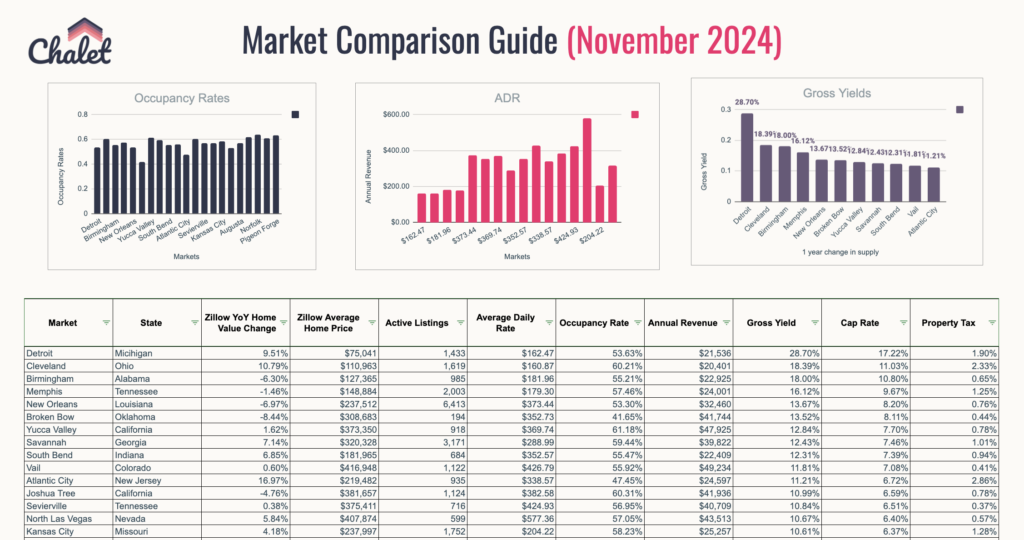Lake Worth, Florida, a vibrant city with a rich cultural heritage and picturesque views, is becoming increasingly popular among tourists. Consequently, the rise of short-term rentals, including those listed on platforms like Airbnb, has brought both opportunities and challenges.
This blog post delves into the regulations governing short-term rentals in Lake Worth, providing a comprehensive guide for potential Airbnb hosts and guests.
Understanding Short-Term Rentals in Lake Worth
Short-term rentals, often facilitated through platforms like Airbnb, are properties rented out for a short duration, typically less than 30 days. These rentals offer tourists an alternative to traditional hotel accommodations, often providing a more personalized and immersive experience.
Regulatory Framework for Short-Term Rentals in Lake Worth
Lake Worth has implemented specific regulations to manage the growth of short-term rentals while ensuring the community’s interests are protected. Here are the key regulations that Airbnb hosts must adhere to:
1. Registration and Licensing
All short-term rental properties in Lake Worth must be registered with the city. This process involves:
- Obtaining a Business Tax Receipt (BTR): Hosts need to apply for a BTR, which certifies that they are authorized to conduct business within the city.
- State Licensing: In addition to the local BTR, hosts must obtain a license from the Florida Department of Business and Professional Regulation (DBPR). This typically falls under the vacation rental category.
Top 200 Airbnb Rental Markets

Instantly compare top 200 short-term (Airbnb) rental markets in the US
2. Zoning Requirements
Short-term rentals are subject to zoning regulations in Lake Worth. Properties in certain residential zones may have restrictions or prohibitions on short-term rentals. It’s essential to verify the zoning classification of your property to ensure compliance.
3. Safety and Health Standards
To ensure the safety of guests, short-term rentals must comply with specific health and safety standards, including:
- Smoke Detectors and Fire Extinguishers: Properties must be equipped with functional smoke detectors and fire extinguishers.
- Building Codes: Rentals must meet all local building codes, including those related to occupancy limits, plumbing, and electrical systems.
4. Occupancy Limits
Lake Worth imposes occupancy limits on short-term rentals to prevent overcrowding and ensure the safety of guests. The maximum number of guests allowed is typically based on the number of bedrooms and the property’s overall size.
5. Noise and Nuisance Regulations
To maintain the peace and tranquility of residential neighborhoods, Lake Worth enforces strict noise and nuisance regulations. Hosts must inform their guests about these rules, and any violations can result in fines or penalties.
Taxation for Short-Term Rentals
Airbnb hosts in Lake Worth must collect and remit various taxes, including:
- State Sales Tax: Florida requires a 6% state sales tax on short-term rentals.
- Tourist Development Tax: Palm Beach County imposes a 6% tourist development tax on short-term rentals.
Enforcement and Penalties
Non-compliance with Lake Worth’s short-term rental regulations can lead to significant penalties. The city conducts regular inspections and investigates complaints to ensure adherence to the rules. Penalties for violations can include fines, suspension of rental licenses, and legal action.
Resources for Compliance
To navigate the regulatory landscape effectively, Airbnb hosts in Lake Worth can utilize several resources:
- City of Lake Worth Beach’s Official Website: The city’s website provides detailed information on short-term rental regulations, application forms for BTR, and zoning maps.
- Florida Department of Business and Professional Regulation (DBPR): Hosts can find information on state licensing requirements and apply for necessary licenses.
- Palm Beach County Tax Collector’s Office: This office provides guidance on tax obligations, including the collection and remittance of tourist development tax.
Conclusion
Operating a short-term rental in Lake Worth, FL, can be a rewarding venture if done in compliance with local regulations. By understanding and adhering to the city’s requirements, Airbnb hosts can provide a safe and enjoyable experience for their guests while contributing positively to the community. Always stay updated with any regulatory changes and utilize available resources to ensure your short-term rental business thrives.
References:
- City of Lake Worth Beach. (n.d.). Short-Term Rentals. Retrieved from City of Lake Worth Beach Official Website
- Florida Department of Business and Professional Regulation. (n.d.). Vacation Rentals. Retrieved from DBPR Website
- Palm Beach County Tax Collector’s Office. (n.d.). Tourist Development Tax. Retrieved from Palm Beach County Tax Collector’s Office Website
By following the guidelines outlined above, Airbnb hosts in Lake Worth can ensure their operations are legally compliant, thus avoiding potential fines and contributing to the city’s tourism sector responsibly.

